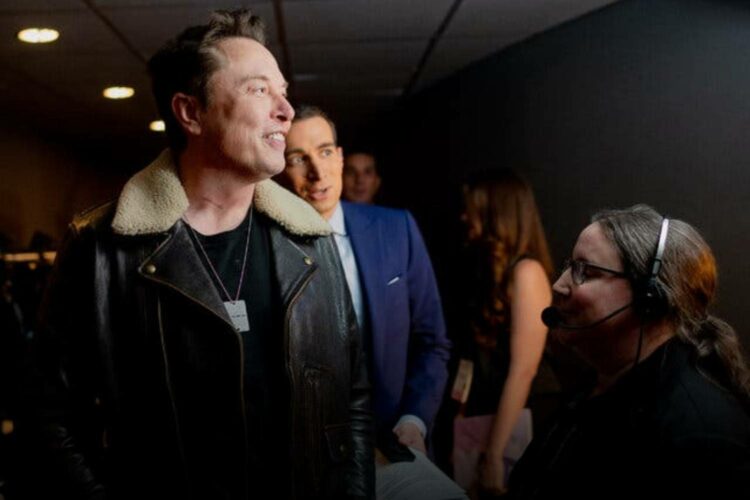Elon Musk, in response to an advertising boycott, controversially told Disney to “go f*** yourself” during the New York Times’ DealBook Summit.
Watch: Elon Musk responds to Disney amid advertising boycott
PLEASE NOTE: The third-party content below is shared on our platform for journalistic purposes. Swisher Post, its parent company, partners and affiliates shall not be held liable for any consequence that arises from the journalistic duties performed in sharing this content.
In a moment that caught the audience’s attention, Musk, seemingly addressing Disney CEO Bob Iger, who was present in the audience, greeted him with a smile and wave, following his controversial remark.
The interview, conducted by Andrew Ross Sorkin, covered various topics, from the ad boycott and Tesla’s Cybertruck rollout to Musk’s emotional state and union drives at Tesla factories. Musk’s demeanour varied throughout, oscillating between combative, philosophical, and contemplative.
Musk expressed regret over a tweet made earlier in the month, which seemed to endorse an antisemitic conspiracy theory. He acknowledged that responding to that post was a mistake and offered an apology.
Despite his apology for the tweet, Musk appeared less remorseful about the resultant pullback by major advertisers like Apple, IBM, and Lionsgate Entertainment. He labelled the advertisers’ actions as “blackmailing” and remained defiant in his stance.
Switching topics, Musk boasted about Tesla’s contribution to the environment, claiming personal credit for significant environmental advancements. He also highlighted the upcoming first deliveries of Tesla’s Cybertruck.
Musk didn’t shy away from commenting on the recent issues at OpenAI, a company he co-founded, and shared his mixed feelings about Sam Altman’s leadership.
He also discussed his political inclinations, expressing reluctance to support Biden or any “pro-censorship” candidate in future elections.
When questioned about the recent unionisation efforts at Tesla and other major automakers, Musk expressed his disapproval, suggesting that unions foster a negative atmosphere within companies.
Watch the full interview below:






